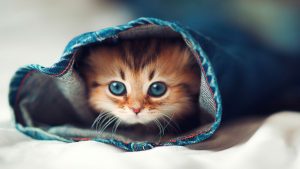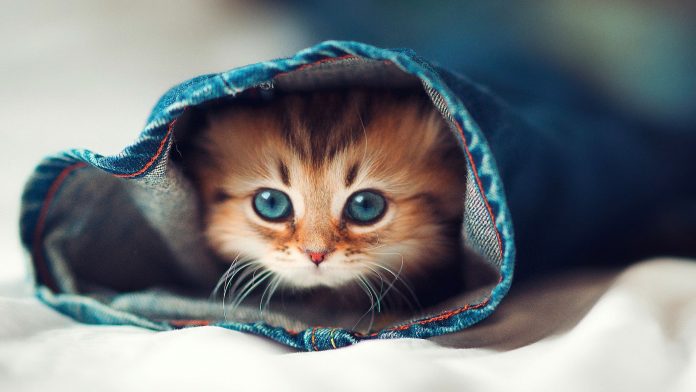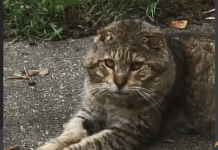

The past two years or so have been hard for all of us. Everyone is trying to find a way to cope with the mental toll of dealing with the internal and external stressors in our lives.
Over the quarantine, many people have opted to get their own furry companion to feel the physical companionship that had been lacking for a while. And, of course, cats are a prevalent choice. They’re easy to find and are relatively low maintenance. These studies help prove how helpful cats can be in these challenging times.
In 1993, Straede and Gates, M.D. surveyed ninety-two cat owners and seventy non-pet owners to find a correlation between psychological health and pet ownership. They studied the hypothesis that cat owners would have more signs of psychological health than non-pet owners. It was found in this study that cat owners tend to have more favorable indicators with regards to psychological health and a better attitude towards animals and nature in general, but most especially towards other pets. This test was done long before the COVID-19 pandemic was even a thing, so it would be interesting to see the difference in the results were the same study were done now, when humans overall have had less physical interaction with each other.
Cats are also said to be able to calm down the nerves when people are put through stressful activities. A separate study was done by Allen and Mendes nearly a decade later that put around 120 married couples through physical stress tests. They found that even before the tests began, the couples who were cat owners already had lower blood pressure and heart rate. Examples of stress tests included rapid mathematical calculations and extreme temperature changes. There were different trials, with some being done alone, with only their spouse, with only their pet, or both. The cat owners made the least errors in the math calculations whenever their cat was present.
Allen et al.’s study are most relevant to today’s quarantine situation, as most people dealing with the changing times are either left alone, with family members, or with their pets. It is evident that we need our furry friends to survive these changing times.
Moreover, as we interact less with other humans due to health protocols, many of us may have deficiencies in oxytocin or the “cuddle hormone.” It is said that petting your cat can be a great help when we are feeling lonely or anxious, as pointed out by author Melanie Greenberg, Ph.D. author of the book The Stress-Proof Brain: Master Your Emotional Response to Stress Using Mindfulness and Neuroplasticity.
It is unfortunate that for many in urban environments, draconian rules in apartment buildings and condominiums make it impossible for a large population to have their own pet. The usual excuse of these building owners is the smell or overpopulation, but we all know these issues are preventable. We as a community should be pushing back against these rules to allow relief for those living in these communities during these hard times.
References:
Allen, K., Blascovich, J., & Mendes, W. B. (2002). Cardiovascular Reactivity and the Presence of Pets, Friends, and Spouses: The Truth About Cats and Dogs. Psychosomatic Medicine, 64(5), 727–739. https://doi.org/10.1097/00006842-200209000-00005
Cheryl M. Straede & Richard G. Gates M.D. (1993) Psychological Health in a Population of Australian Cat Owners, Anthrozoös, 6:1, 30-42, DOI: 10.2752/089279393787002385
Greenberg, M. (2017). The Stress-Proof Brain: Master Your Emotional Response to Stress Using Mindfulness and Neuroplasticity. New Harbinger Publications.










